Flocks of crows regularly fly back to the Forbidden City at midnight, signaling a creepy spiritual event.
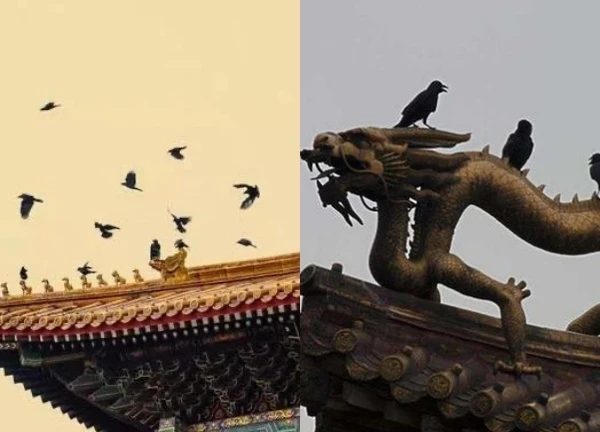
3 | 0 Discuss | Share
Lunar New Year, in Vietnam is Tet Nguyen Dan, is a major holiday of the year in many Asian countries, marking the end of a cycle and opening a new year with hopes for luck and prosperity.
Each country has its own unique customs and practices to celebrate the New Year, reflecting its own deep cultural values and distinct folk beliefs. From ancestral worship ceremonies, folk games to unique rituals, Tet is not only an occasion for family reunions but also an opportunity to express respect and pray for a peaceful and prosperous new year.
Here are some typical customs during Lunar New Year in different countries.
Lucky food for Tet
During the Lunar New Year, Chinese families often prepare foods that are believed to bring luck and fortune, such as peanuts (hua sheng) and red dates (tà o jujube), according to Newsweek magazine.
Two popular sweets during Lunar New Year include "zaogao" (a cake made from mashed jujubes) and niangao (also known as nest cake).
Peanuts symbolize fertility and longevity, while the Chinese word for "gao" (cake) is a homophone for a word meaning "noble" or "great." Niangao is a homophone for a term meaning "progressing year by year," so these cakes are often made at the beginning of the year to pray for progress and prosperity.
In Korea, Lunar New Year is called Seollal. A staple dish during Lunar New Year is a savory rice cake soup called "ddeokguk" (also spelled "tteokguk"). It is made with thick, round slices of white rice cakes, beef, and eggs in a broth.
The rice cakes are shaped like coins, symbolizing wealth while the white color of the rice cakes symbolizes purity and a clean start to the new year.
Meanwhile, there are also dishes that are considered to be associated with bad luck and are often avoided during the New Year. According to the South China Morning Post, Chinese people often do not eat congee on New Year's Day because congee is made with a little rice and a lot of water, representing thrift and hardship.
In addition, there are also taboos in eating during Tet such as not eating meat on the first day (for Buddhists); avoid cutting meat, specifically avoid using sharp objects such as knives, scissors, needles, because using them is believed to cut off luck in the coming year.
The Chinese often cook steamed fish on New Year's Day because the word for fish sounds similar to the word for surplus in surplus, surplus. However, the fish must be left whole to represent completeness and perfection, symbolizing a smooth year from start to finish, without any obstacles. The head and tail of the fish will be saved for the next day with the belief that there will be an abundance of wealth and luck in the new year. If you eat the head and tail of the fish, it can create a "deficit" or not maintain abundance throughout the year.
Another taboo during the first days of the year is to avoid running out of rice, as rice represents wealth. Therefore, to ensure a year of abundant wealth and no hunger, both literally and figuratively, the rice bin must always be full during the New Year.
New year, new age
Some regions in East Asia calculate age by subtracting the year of birth from the current year, meaning that as soon as a new year comes, one becomes one year older, without needing a birthday. Some people calculate age by the Gregorian calendar, while others calculate age by the Lunar calendar. In some places, people also count the time in the mother's womb as one year of age, meaning that they are one year old when they are born.
Avoid sweeping the house
According to Eastern tradition, people often avoid using a broom on the first days of the year for fear of sweeping away bad luck from their homes. Some people even keep their brooms in a hidden place for fear that seeing a broom could portend a year of hard cleaning.
Clean house and pay off debt before Tet
In Vietnam and some other places, people often go shopping for Tet, buy new clothes, clean the house and decorate the house to welcome a prosperous new year. The Chinese have the custom of sticking the word "Phuc" upside down on the front door of the house because the word "Phuc" upside down sounds similar to the word "Dao" (to come). Therefore, hanging the word "Phuc" upside down implies "blessings coming to the house". The end of the year is also the time to pay off debts and resolve conflicts left over from the old year.
Children's lucky money
Chinese, Korean, Vietnamese and some other places have the tradition of giving lucky money on the occasion of Lunar New Year.
Children and other family members bow and wish their grandparents good health and receive lucky money.
Nostradamus - Vanga and the prophecy of 2025 coincide strangely! 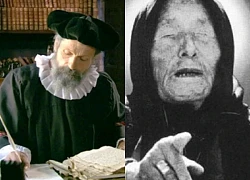 JLO17:21:00 20/01/2025The predictions of the famous 16th century physician - prophet - astrologer Nostradamus continue to attract attention. In 2025, he predicted that the world would witness a change in the international order, a medical breakthrough, and the end of a long war.
JLO17:21:00 20/01/2025The predictions of the famous 16th century physician - prophet - astrologer Nostradamus continue to attract attention. In 2025, he predicted that the world would witness a change in the international order, a medical breakthrough, and the end of a long war.

3 | 0 Discuss | Share

8 | 1 Discuss | Share
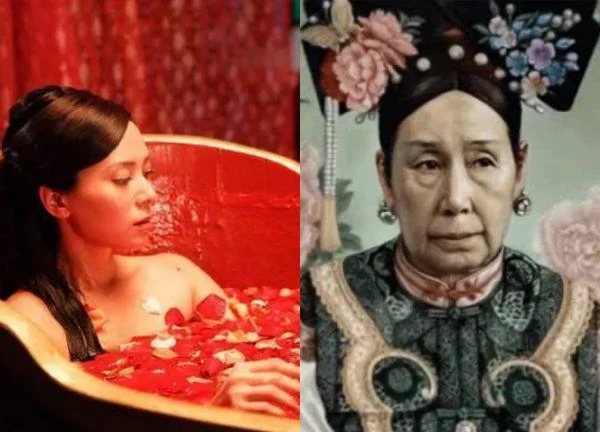
2 | 1 Discuss | Share
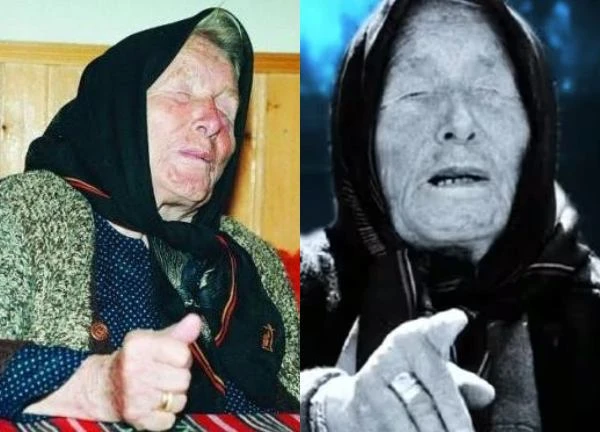
4 | 1 Discuss | Share
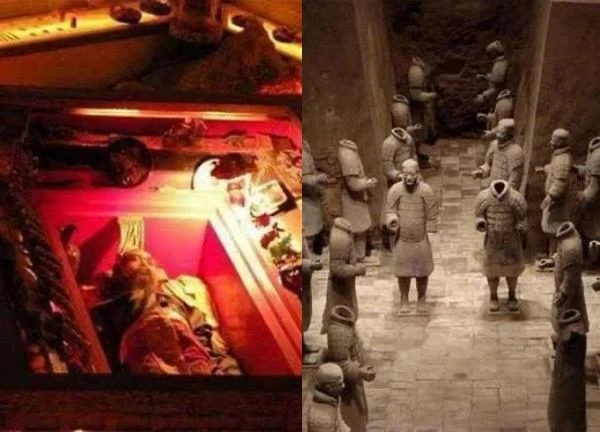
3 | 1 Discuss | Share

1 | 1 Discuss | Share
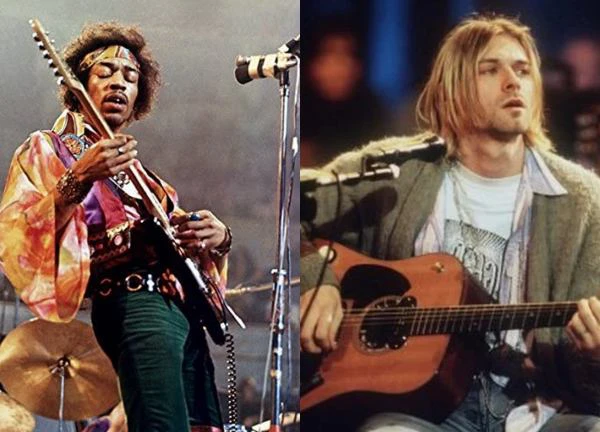
4 | 1 Discuss | Share
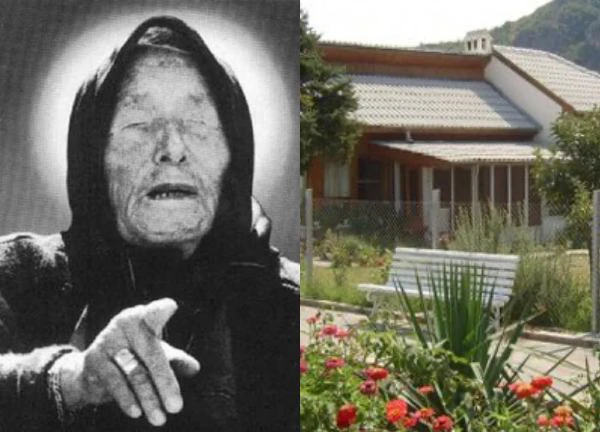
3 | 1 Discuss | Share

2 | 1 Discuss | Share

1 | 1 Discuss | Share
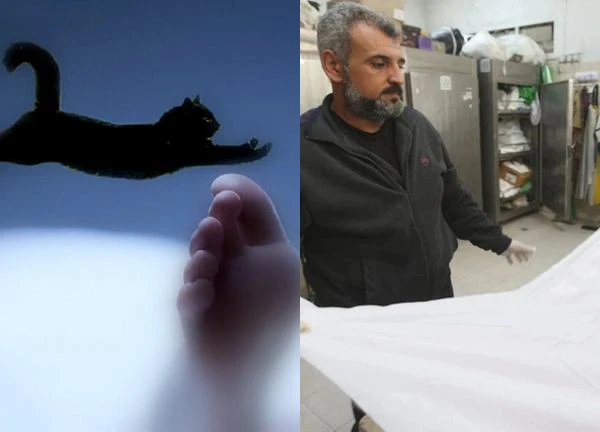
2 | 1 Discuss | Share

3 | 1 Discuss | Share


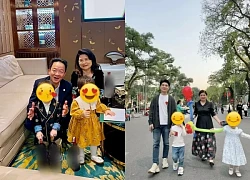

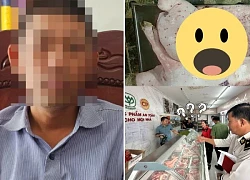
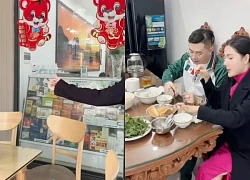

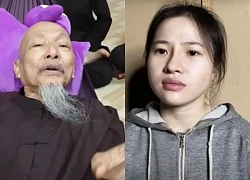


3 | 0 Discuss | Report